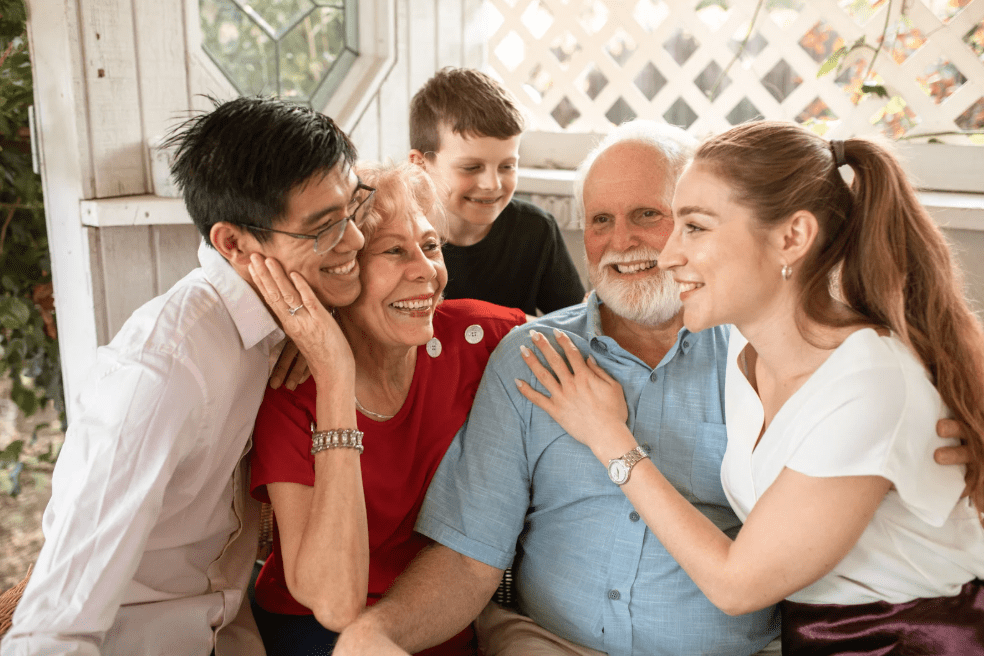Table Of Contents

In 1981, LTC Kris Roberts and his Marines were ordered to dig-up hundreds of steel barrels that were leaking chemicals at Marine Corp Air Station Futenma, Okinawa. Years later, a slew of diseases and cancers afflicted LTC Roberts and many of the men who served under him at Okinawa. LTC Roberts filed claims for disability compensation based on the chemical exposure, and he won. His case is important, because for years the Department of Veterans Affairs has refused to acknowledge that Agent Orange and other chemicals were stored or used on Okinawa. In fact, the VA still says it “has no credible evidence of Agent Orange use, storage, testing, or transportation in Okinawa, and thus no evidence to support claims of exposure to Agent Orange during military service in Okinawa.” LTC Roberts’s case shows us that evidence is starting to soften the VA’s hardline position.
In another recent case, a Veterans Law Judge (VLJ) said, “credible evidence sustains a reasonable probability that during service, while performing regular duties at the Naha Naval Port in Okinawa, Japan, the Veteran was exposed to Agent Orange from leaking barrels.” Still, the VLJ took the time and effort to limit the decision. The VA certainly does not want to open the door to massive lawsuits by tens of thousands of veterans. So, the VLJ wrote that the award is not a comment “as to whether Agent Orange was ever actually stored, used, tested, and/or transported in Okinawa, Japan.” In yet another case, a veteran – who served on Okinawa as an aircraft crew chief — was exposed to Agent Orange herbicides because they were used to defoliate the area around the flight line, runway, and other structures at Naha Air Force Base.
For many years, little by little, as military bases have been closed, chemical dumps have been found. There is a user friendly website showing the locations of the chemical dumps at Okinawa. The point of these cases is that, as years pass, more and more evidence is slowly accumulating that Agent Orange and all sorts of other toxic chemical were transported to, stored on, and used on Okinawa. When LTC Kris Roberts won his Okinawa Agent Orange case, he made it easier for others to win. And when another veteran wins his or her Okinawa Agent Orange case, then he or she will make it easier for another veteran. If you served on Okinawa during the Vietnam Era, or afterward when the chemicals were being cleaned-up, and you believe you were exposed to toxic chemicals, then do not give-up. If LTC Kris Roberts can win his case, then you might also be able to win.
If you served on Okinawa and you believe you were exposed to toxic chemicals, we are here to help. Call Veterans Help Group at (855) 855-8992 or complete our free veterans benefits case evaluation form.

Veterans Help Group Serving Our Community
Veterans Help Group Serving Our Community By Bobbi Boudi, Director of Community Outreach & Amy...

How Much Back Pay Will You Receive?
What is VA Disability Back Pay? VA disability back pay is payment for benefits the veteran was...

Your Guide to VA Ratings: Sleep Apnea
Your Guide to VA Ratings: Sleep Apnea Sleep apnea can be a serious condition that may impact...





